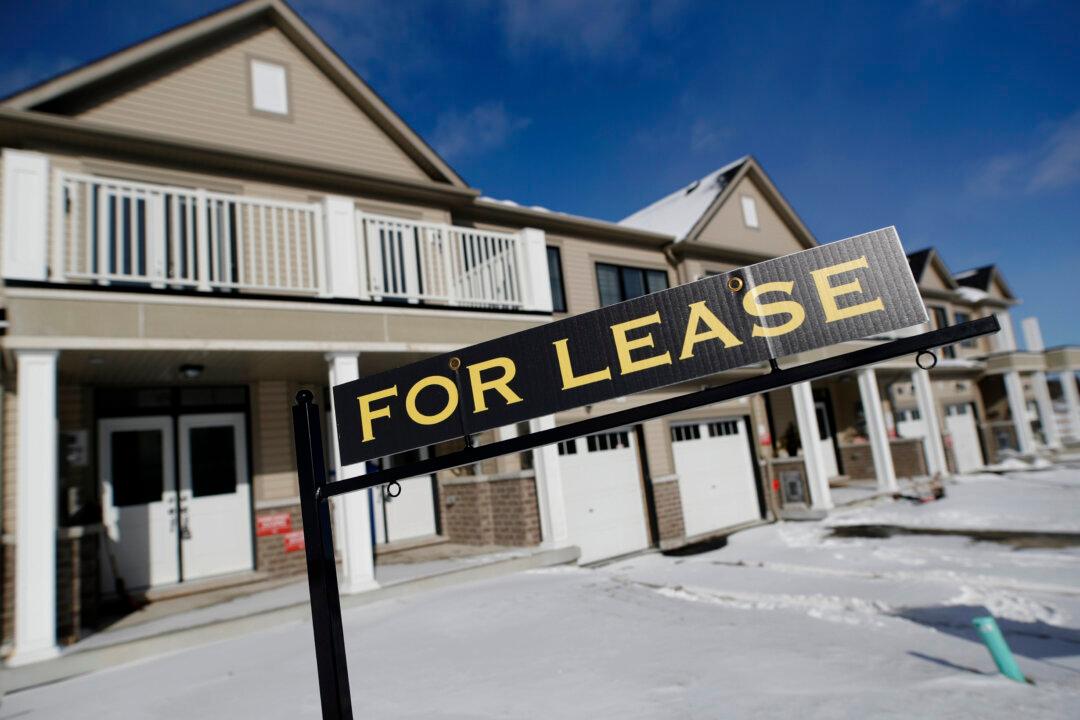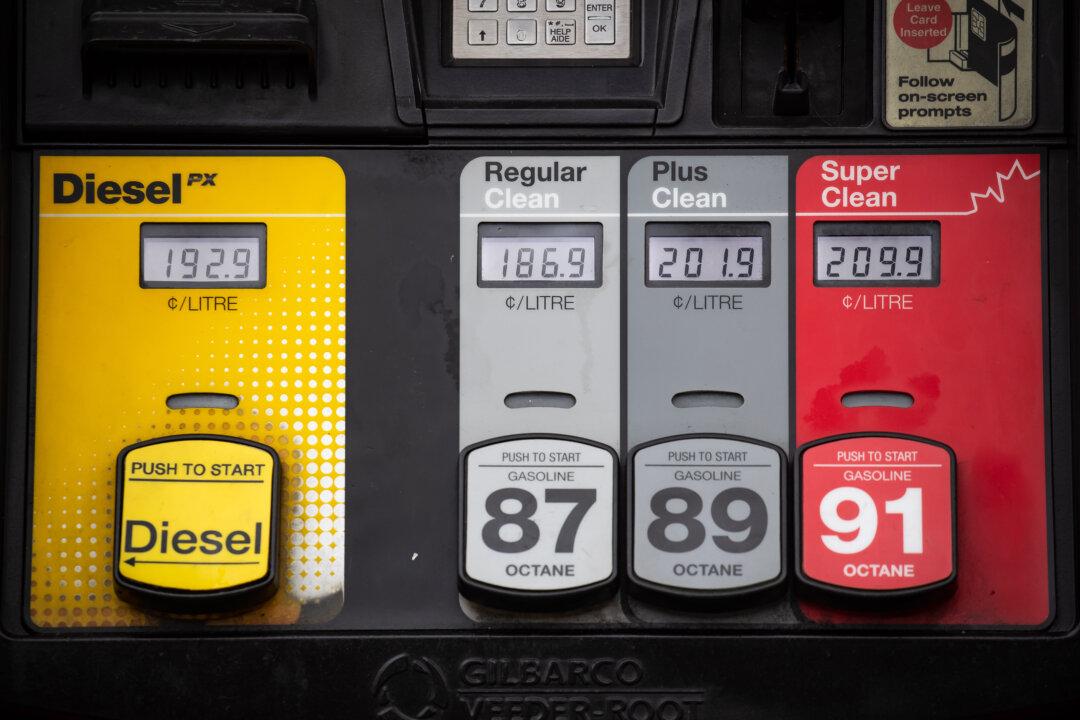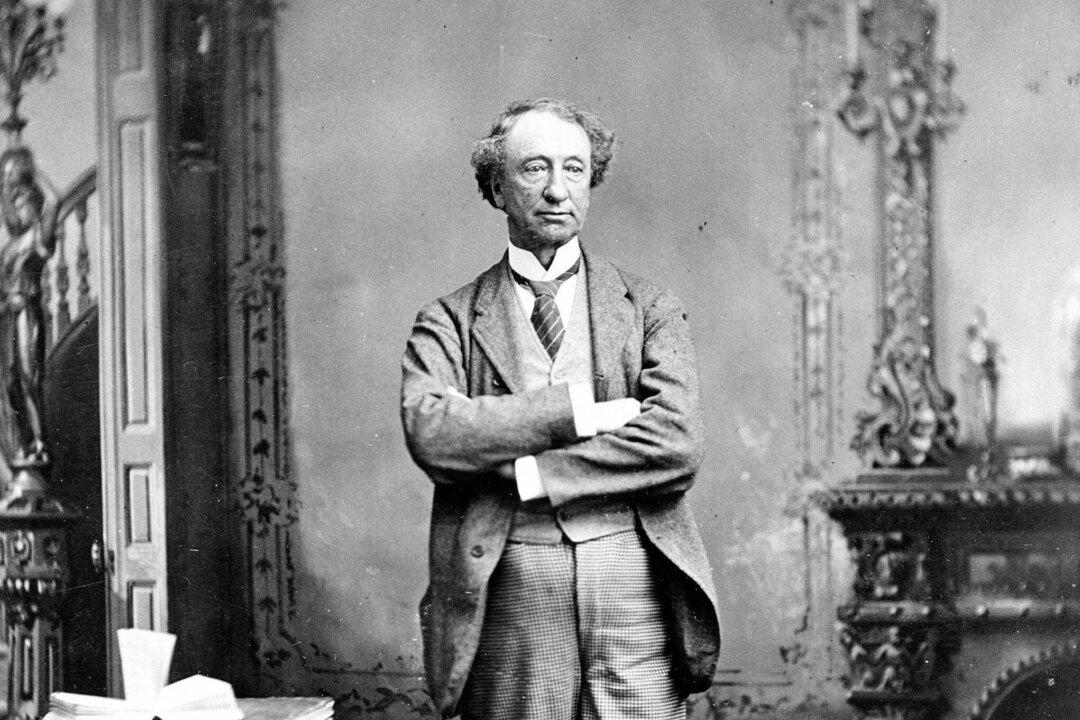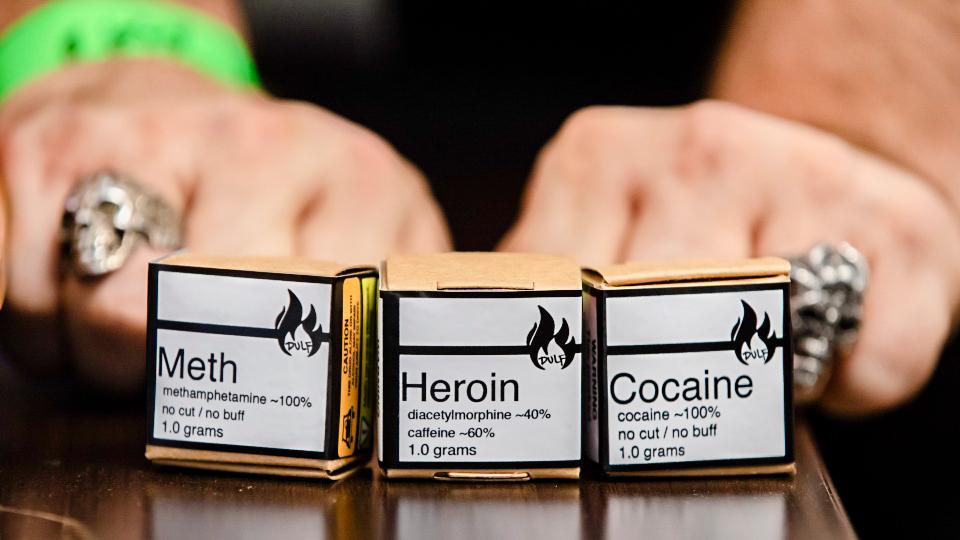Ottawa plans to spend $500 million to purchase land from other levels of government in a bid to create more affordable housing, Prime Minister Justin Trudeau has announced.
The federal government is earmarking $500 million in its 2024 budget for the purchase of public lands from provincial and municipal governments, Mr. Trudeau said at an April 24 press conference in Oakville, Ont. The plan is to build 250,000 new homes on those lands by 2031.





